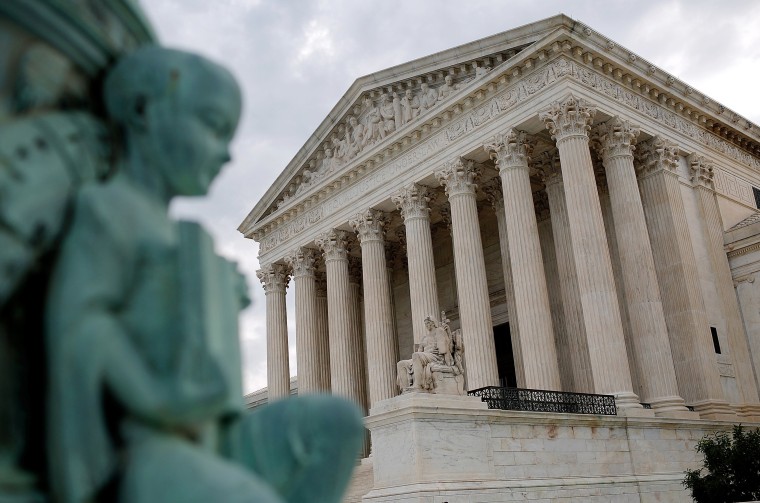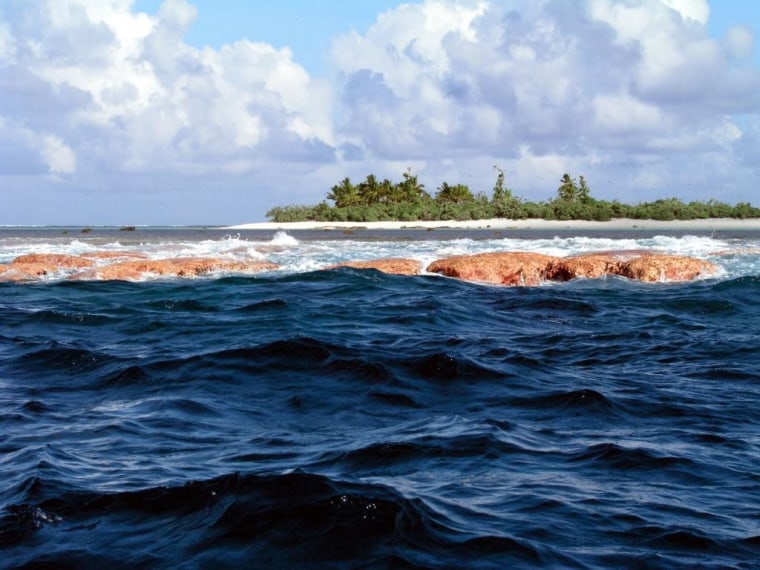The U.S. Supreme Court declined Monday to decide who becomes a US citizen at birth, in a case brought by a group of American Samoans.
Since 1900, American Samoa has been a territory of the United States. But unlike residents of other US territories, including Puerto Rico and Guam, its residents are declared by Congress to be "non-citizen nationals."

Accordingly, they cannot vote in U.S. elections, run for public office, or serve as officers in the U.S. military. Their passports are stamped "The bearer is a United States National and Not a United States Citizen."
Five people born there filed a lawsuit, claiming their non-citizen status violates a provision of the 14th Amendment that says "All persons born or naturalized in the States States, and subject to the jurisdiction thereof, are citizens of the United States."
Among those suing were Fanuatanu Mamea, a Vietnam veteran who was awarded two Purple Hearts but who was denied his request to serve in the U.S. Special Forces, and Emy Afalava, who served in Kuwait during the first Gulf war but cannot vote in a U.S. election.

The resolution of the case "governs whether tens of thousands of Americans born in American Samoa — many of whom have patriotically defended their country in the military — may finally call themselves American citizens," said Washington, DC lawyer Theodore Olson, who urged the justices to take the case.
The Obama administration fought to defend the current non-citizen status. So did the government of American Samoa, which said in a Supreme Court brief that a change could threaten traditional Samoan cultural practices, such as large, extended families and communal land ownership.
The Justice Department said US territories are not "in the United States" within the meaning of the Constitution, so only Congress can confer citizenship, as it has for all territories except American Samoa.
The court said Monday in a brief unsigned order that it would not hear the appeal.
